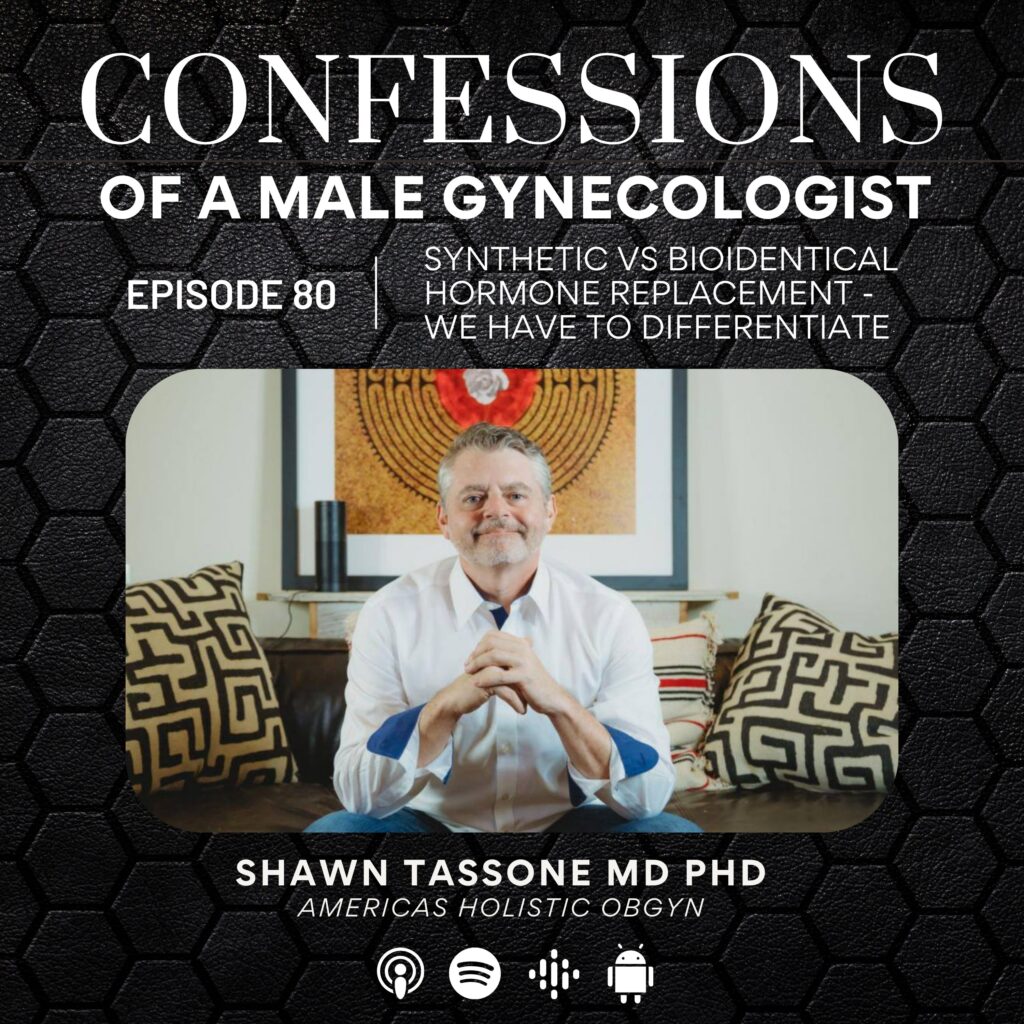Did you know there are only four bioidentical hormones?
The amount of misinformation and confusion surrounding hormone replacement options – especially estradiol and micronized progesterone – is staggering. Many doctors act like synthetic hormones, and bioidenticals are the same thing when in reality, it’s like comparing apples to cars.
It’s time to make a stand and stop the lies in their tracks.
Synthetic hormones refer to old-school options that don’t look like your body’s natural hormones and often hit your body too hard. Basically, if you look at the name and it doesn’t say estradiol or progesterone, you know it’s synthetic. On the other hand, bioidentical hormones fit your hormone receptors like your body’s naturally produced hormones would.
Today, I’m doing a quick but deeper dive to clear up any confusion about estradiol, progesterone, ethinylestradiol, and micronized progesterone and why I recommend bioidentical hormones. In the maze of hormone replacement therapy options, it’s essential to understand what truly aligns with your body’s needs. Enjoy the episode!
Episode Highlights:
– What we mean when we refer to synthetic hormones
– The controversy surrounding bioidentical hormones and the influence of Big Pharma
– The history of the use of diethylstilbestrol (DES) and the significant adverse side effects
– What you need to know about ethinylestradiol, which used in most oral contraceptives
– Concerns around the long-term use of birth control pills, particularly post-menopause
– The ridiculous disparity in risk assessment between oral contraceptives and bioidentical hormone replacement
– Bioidentical hormone replacement options
– How the Women’s Health Initiative study impacted the collective’s perception of estrogen
– Why you should be cautious about using conjugated equine estrogens like Premarin
– Different types of progestins used in contraception and hormone replacement therapy
– Contraindications of synthetic progesterone medications
– The four types of bioidentical hormones
– Differences between synthetic and bioidentical hormones
– What’s behind the national shortage of micronized progesterone and alternatives
– A warning against predatory telemedicine clinics
– The benefits of bioidentical progesterone
– How different administration methods affect the risks and benefits of hormone replacement
Mentioned In This Episode:
Confessions of a Male Gynecologist | Episode 78: Does Estrogen Cause Breast Cancer?
A special thank you to our sponsors:
Femmenessence
It’s a rare occurrence to find a non-prescription supplement that becomes a go-to for hormone health and Femmenessence is just that.
Whether you’re pre-menopausal, menopausal, or struggling with PMS, irregular periods, or other hormone imbalances, I highly recommend giving Femmenessence a try.
Visit Femmenessence.com and use my code SHAWN20 for exclusive savings.
Needed
Few things are as important in a woman’s life as that journey to and through motherhood. There’s so much that you can’t control, but nutrition is a big one you can.
Needed is a perinatal and women’s health brand that I recommend to all my clients, whether they’re in that perinatal stage or navigating perimenopause. Needed offers radically better nutrition products and education, backed by over 4000 practitioners.
Visit ThisIsNeeded.com and use my code DrT for 20% off your first month.
Resources
Dr. Shawn Tassone’s Practice | Tassone Advanced Gynecology
Dr. Shawn Tassone’s Book | The Hormone Balance Bible
Dr. Shawn Tassone’s Integrative Hormonal Mapping System | Hormone Archetype Quiz

